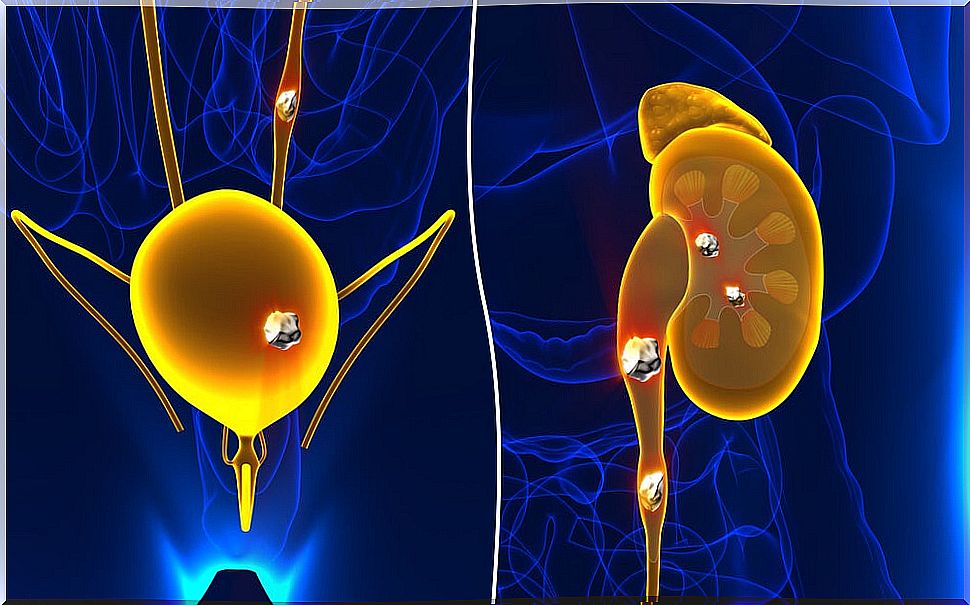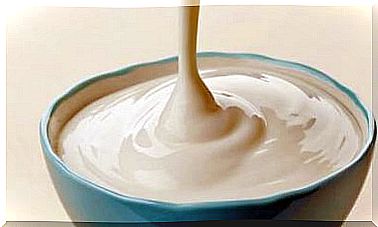How Is High Blood Urea Treated?
Sometimes we do a blood test and this tells us that we have high urea. This means that we may have a kidney problem to attend to. For this reason it is necessary to follow the doctor’s instructions from the first moment.
Many people have high blood urea levels at least once in their life. Therefore, it is not something out of the ordinary. However, most of the time people do not know why this situation or what measures to take if this occurs.
Before explaining these two points, it is important to know what exactly this molecule is and where it comes from.
What is urea?
Urea is a substance that appears as the waste resulting from protein metabolism, which is carried out mainly in the liver. In fact, this is known as “the urea cycle.”
It’s a bit of a complicated process, but it can be summarized as follows:
- During digestion, proteins are broken down into their most basic units, amino acids.
- These amino acids contain, to a greater extent, nitrogen, which is subsequently released in the form of ammonium ion.
- The ammonium eventually binds to other molecules to form urea. Therefore, it is a molecule composed mainly of nitrogen.
- It is found to a greater extent in urine and feces.
Once proteins are metabolized and urea is generated, it travels to the kidneys through the bloodstream. These organs are in charge of eliminating it.
If the kidneys have a problem, the substances that are eliminated this way, such as urea, will increase their concentrations in the bloodstream. This usually generates health complications.
Why can we have high urea?
To consider that the urea concentration is high, the data from the blood tests must show values above 46 mg / dl, since the normal values of urea are between 22-46 mg / dl. Therefore, any figure that exceeds this limit will be considered as an indicator that the patient has hyperazoemia or high urea.
There are many causes that can cause this situation. First of all we can talk about dehydration.
- Water is a fundamental substance for the kidneys to carry out their functions correctly.
- It is recommended to drink 2 liters of water daily.

Another cause that can be having kidney problems. A symptom of having kidney problems, such as kidney stones, may be:
- Experiencing a throbbing, sharp pain in your lower back.
- This pain may be related to high blood urea.
On the other hand, a diet rich in protein can also trigger an elevation in urea levels. As we already know, protein metabolism is the origin of its formation.
If we have a lot of protein to metabolize, more urea will reach the kidney, which can increase its concentration in the blood. Other possible causes are as follows:
- Heart failure.
- Addison’s disease.
- Intestinal bleeding.
- Very intense physical activity.
- Administration of certain drugs such as antibiotics or antihypertensives.
What are the consequences of having high urea?
A patient with high blood urea values may present symptoms such as asthenia , which is the feeling of weakness or fatigue. This makes it difficult or impossible for a person to perform tasks that under normal conditions they would easily do.
Apart from asthenia, you may suffer from paleness, weight loss, rapid heartbeat, vomiting or diarrhea. At the moment in which a person feels this series of symptoms, an analysis of the levels of urea in the blood should be carried out. On the other hand, it is very common for people who have this high substance to feel a bad taste in their mouth, very similar to ammonia or even bad breath.
Other symptoms that can develop are the following:
- Fever.
- Vertigo.
- Seizures
- Very strong spasms.
What is the treatment to follow?

As we have seen, there are many causes that can cause blood urea levels to increase. An immediate medical check-up should be carried out if the person has any of the symptoms described above.
Therefore, the treatment to control this situation will be completely related to the cause that triggers it. It is the doctor who must determine the underlying cause that has triggered the increase in urea levels.
However, in almost all situations there are general guidelines that are recommended to all patients who are coping with this situation. Rest and changes in diet are the fundamentals.
As for diet, it is very important to change certain aspects about it. First of all, to avoid dehydration, which is one of the most important causes of this increase, you must drink plenty of fluids for the kidneys to work properly. With this we get the body to purify toxins and eliminate waste from protein metabolism.
It is also important to avoid certain foods, especially those that are rich in protein. For example, red meat, cheese, legumes, eggs, cold cuts, fish and nuts.








